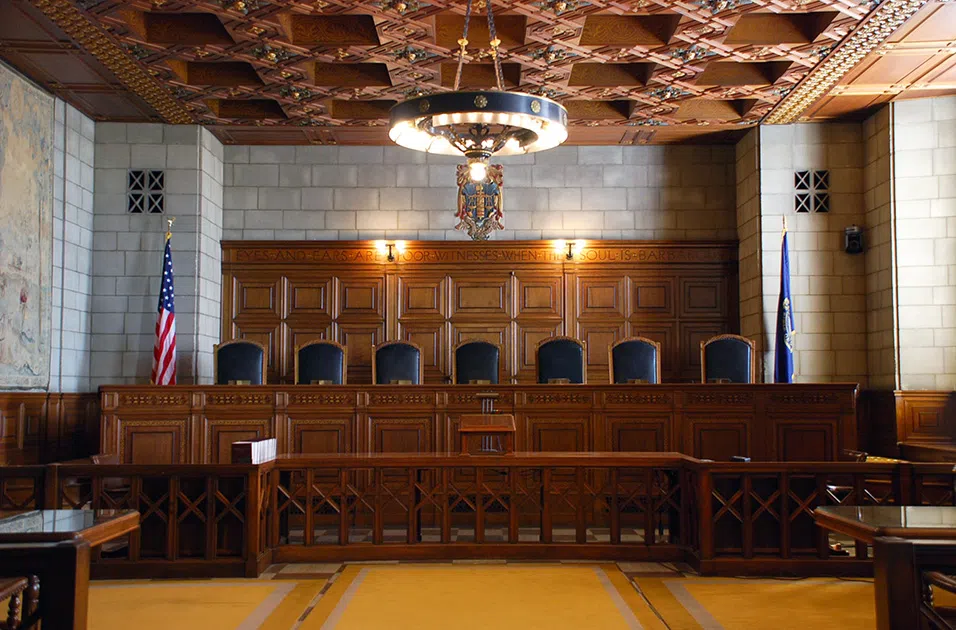On Wednesday, the Nebraska Supreme Court intensely questioned attorneys from the ACLU and the Nebraska Attorney General’s Office about the Legislature’s authority to reinstate voting rights for felons. The discussion, centered on whether this power should belong to the Pardons Board—an executive entity—was prompted by an advisory opinion from Attorney General Mike Hilgers. The justices were also asked to decide if Secretary of State Bob Evnen was correct in his refusal to implement a law passed by the Legislature that would end a two-year voting ban post-sentence for felons.
During the session, Justice William Cassel suggested the need to resolve broader constitutional issues surrounding voting rights and pardons, while others, like Stephanie Stacy and the retiring Chief Justice Mike Heavican, favored a more limited approach. Jane Seu, representing the ACLU, defended the legislative power to set voting laws, countering the view that only the Pardons Board can restore rights. She criticized the Secretary of State for unilaterally deeming the statute unconstitutional without a judicial mandate.
The law in question, LB 20, was passed with a veto-proof majority and aimed to eliminate a waiting period for felon voting rights established by a previous law, LB 53. However, following an advisory opinion deeming LB 53 unconstitutional, Evnen halted voter registrations under both laws.
Nebraska Solicitor General Eric Hamilton argued for the Pardons Board’s exclusive right to grant clemency, a stance supported by historical practices over the past 130 years, contrasting with the 19-year application of LB 53. State Senator Justin Wayne, however, pointed to long-standing legislative authority over voting rights statutes, arguing against the burden placed on citizens to challenge executive decisions in court.
Seu later asserted that LB 20 and LB 53 did not infringe on separation of powers, citing similar structures in other states that have withstood constitutional scrutiny. Evnen, acknowledging the judicial branch’s role as the constitutional arbiter, pledged to abide by whatever decision the court reaches, emphasizing a collaborative role among the government branches in interpreting and applying the law.

















Comments